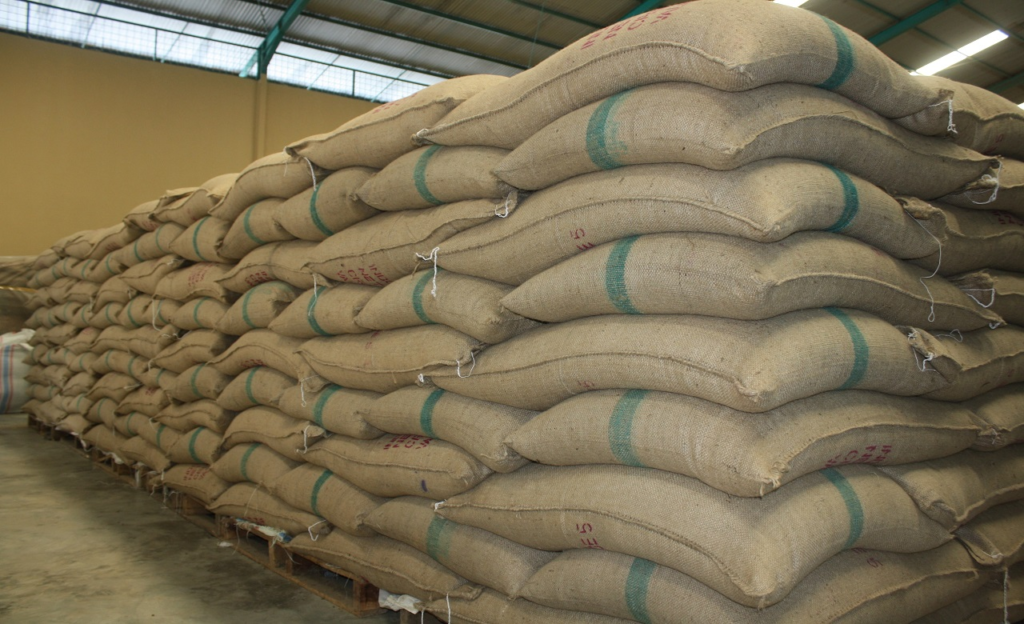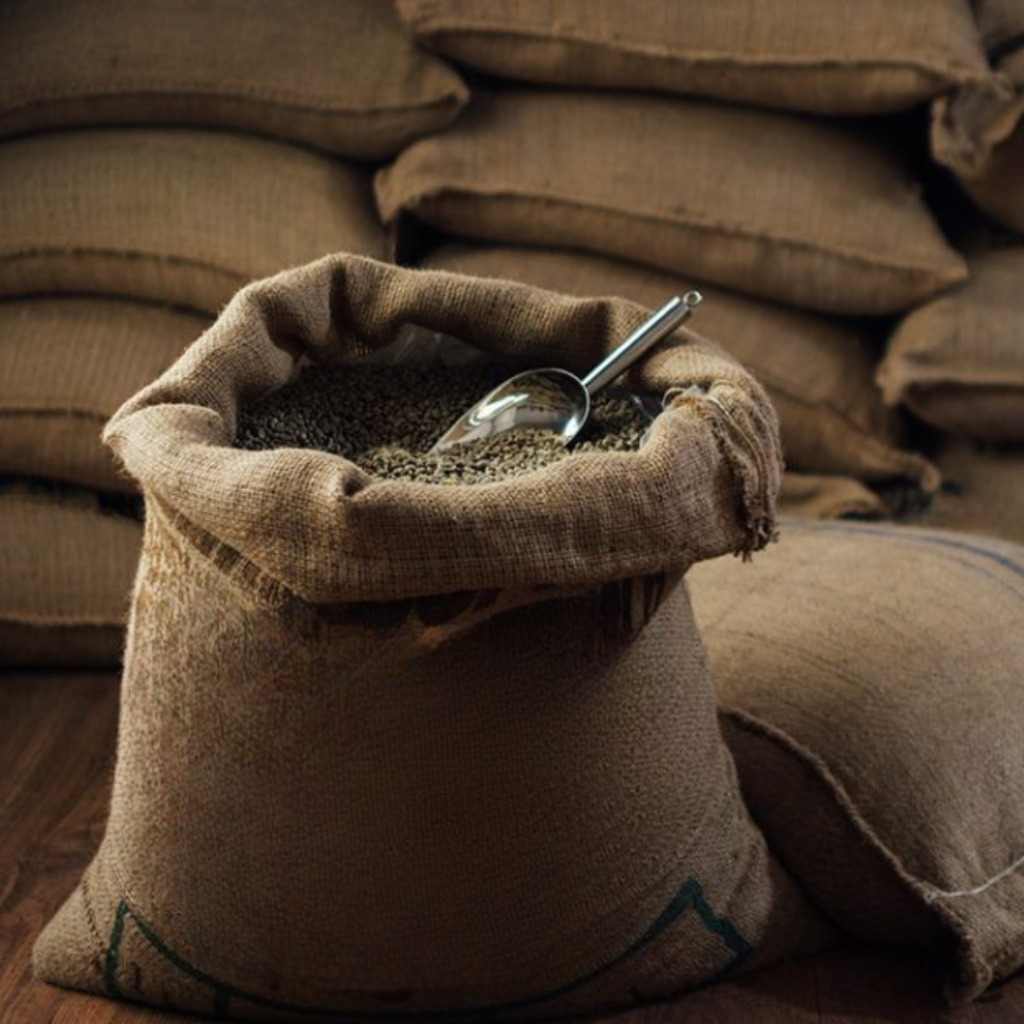The international food trade presents a significant growth opportunity for businesses, but it also comes with challenges that can impact profitability and operations. A customs inspection, an unexpected regulatory change, or a logistics failure can result in delays, additional costs, or even total loss of merchandise. For this reason, understanding risks in food importation and implementing effective strategies to mitigate them is essential for ensuring the success of any operation.
Without proper planning, risks in food importation can become a serious obstacle for your business. What happens if the product does not meet the regulations of the destination country? How can you prevent losses due to failures in the cold chain or delivery delays? Are there ways to protect your investment against fluctuations in logistics costs? In this article, you will find a detailed analysis of the most common risks and, most importantly, effective strategies to minimize their impact and ensure an efficient operation. Keep reading to learn about these risks in detail and how to address them successfully.

What Are the Risks in Food Importation?
The global food trade is full of challenges. Each country has specific regulations, and non-compliance can lead to sanctions, shipment detentions, or even the destruction of goods. Additionally, factors such as logistics, product quality, and the economic stability of the country of origin can influence the success or failure of an import operation. Failing to anticipate these issues can result in significant financial losses and the inability to commercialize products. Below, we analyze the most common risks in food importation and how they can affect your business.
1. Regulatory and Compliance Risks
Each country enforces strict sanitary and phytosanitary regulations to ensure food safety. Failure to comply with these regulations can result in
- Rejection of products at customs.
- Fines and sanctions.
- Legal issues with regulatory authorities.
How to mitigate it:
- Verify sanitary requirements before importing.
- Work with suppliers that hold recognized certifications.
- Consult with regulatory experts to ensure compliance.
2. Logistics and Transportation Risks
Food products are highly sensitive. A logistics failure can lead to delays and deterioration in product quality. Some common transportation risks include:
- Cross-contamination.
- Breakage in the cold chain.
- Loss or damage during transit.
How to mitigate it:
- Use appropriate packaging and specialized transportation.
- Ensure cold chain integrity with real-time monitoring.
- Secure cargo insurance to minimize financial losses.
3. Economic and Financial Risks
The food import market is subject to fluctuations in logistics costs, tariffs, and exchange rates. Sudden changes in these factors can negatively impact profitability.
How to mitigate it:
- Assess total import costs, including hidden taxes and fees.
- Work with flexible contracts that allow adjustments to market shifts.
- Diversify suppliers to mitigate the risk of rising costs.
4. Quality and Food Safety Risks
A product that does not meet quality standards may be rejected by regulators or end customers.
How to mitigate it:
- Require quality certifications and laboratory tests before purchase.
- Implement quality controls at both origin and destination.
- Maintain traceability records throughout the supply chain.
5. Supplier and Origin Risks
Working with unverified suppliers can result in low-quality products or regulatory non-compliance.
How to mitigate it:
- Conduct supplier audits before signing contracts.
- Verify production history and certifications.
- Partner with reputable companies in the industry.
Effective Strategies for Managing Risks in Food Importation

nderstanding potential threats, the best way to protect your business is to implement strategies that minimize the impact of these factors. Efficient management of risks in food importation ot only reduces costs and delays but also ensures product quality and regulatory compliance, preventing penalties or customs rejections. Implementing controls at every stage of the process, from supplier selection to final distribution, is crucial to ensuring successful and sustainable operations over time.
1. Implementing a Risk Management System in Food Importation
Any company importing food must have a comprehensive plan that includes protocols for potential problems. This system should include:
- Supplier evaluations.
- Contingency plans for supply chain disruptions.
- Emergency measures in case of customs rejections.
2. Supplier and Market Diversification
Relying on a single supplier or country of origin increases vulnerability. Diversification allows businesses to:
- Mitigate the impact of trade restrictions.
- Reduce dependency on a single market.
- Access better pricing and conditions.
3. Compliance with International Regulations
Certifications such as HACCP, ISO 22000, and BRC ensure that products meet global standards. Prioritizing certified suppliers helps reduce compliance risks.
4. Optimized Logistics Planning
Proper planning of food transportation and storage prevents financial losses. Key practices include:
- Utilizing real-time tracking technology.
- Partnering with specialized logistics providers.
- Establishing contracts with defined delivery time compliance clauses.
5. Cargo Insurance and Financial Risk Mitigation
Investing in cargo insurance protects against losses due to damage, theft, or customs rejections. Additionally, financial coverage strategies such as hedging can help mitigate currency fluctuation risks.
6. Traceability and Quality Control
Implementing traceability tools allows for early detection of any issues in the supply chain. Effective practices include:
- Using blockchain technology for enhanced transparency.
- Clear labeling with origin information.
- Conducting quality analyses at every stage of the process.
Conclusion
Food importation is an industry full of opportunities but also presents significant challenges. Avoiding operational disruptions requires preparation, regulatory compliance, and efficient logistics. Errors in the process can lead to financial losses, delivery delays, and quality issues, directly impacting a business’s reputation and profitability. Therefore, having strategic partners and applying best practices is essential to reducing risks in food importation and ensuring smooth operations.
If you’re looking to minimize risks in food importation, Graffoods offers tailored solutions for your business. With expertise in international regulations, quality certifications, and optimized logistics, we guarantee safe and profitable import operations. Contact us today to develop a strategy that safeguards your investment and streamlines every stage of the process.

